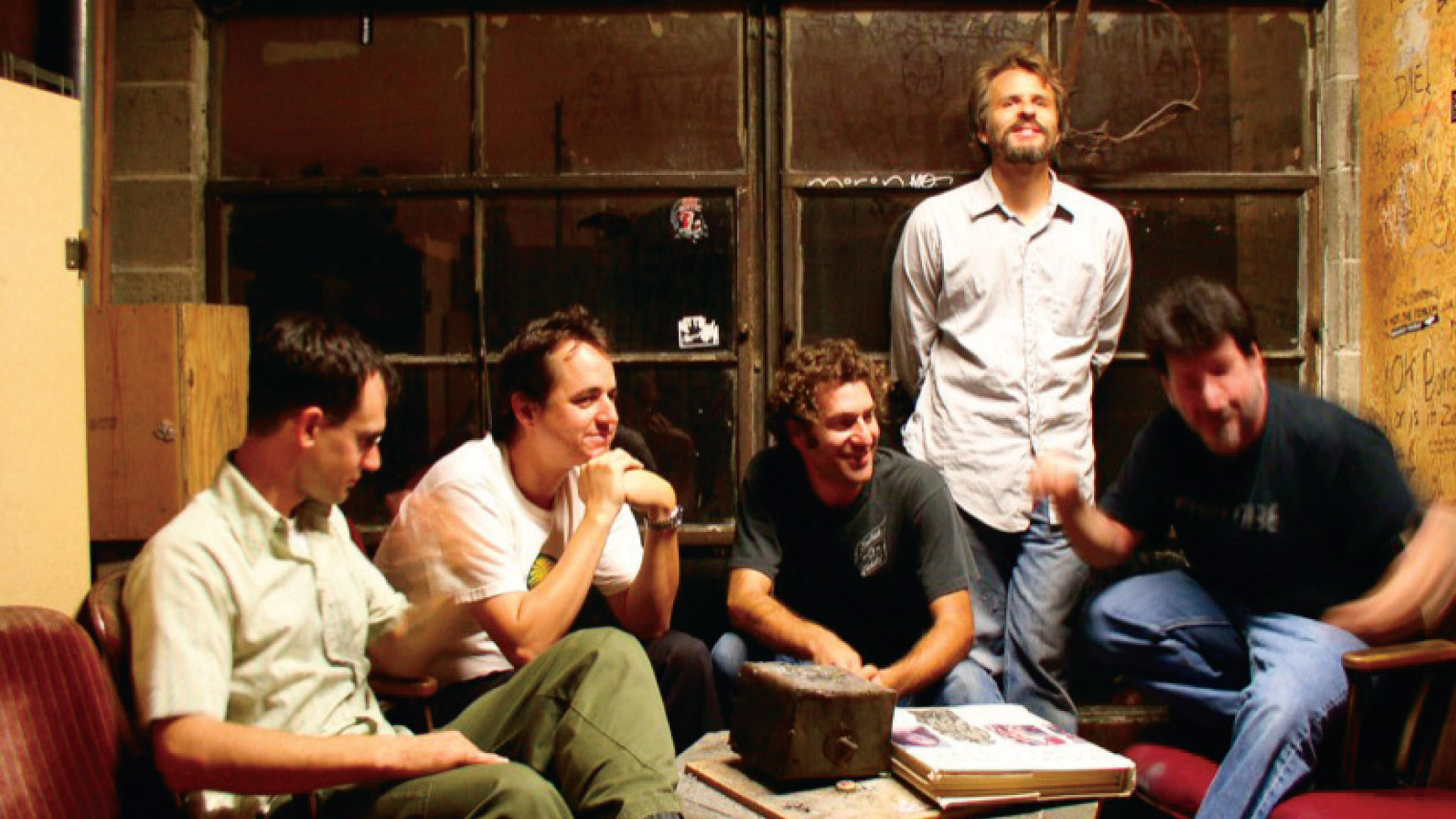When Om’s Al Cisneros isn’t playing bass guitar, he’s been known to teach chess. “They are complementary to each other and say the same thing in my heart,” he says. “They uncover the same things to me. In a lot of ways, practicing one is practicing the other. I’ve never really thought about it before, but I don’t usually pick up the bass until I have something, the same way you wouldn’t pick up a chess piece until you have a move.”
Cisneros has been a prominent figure in underground metal for years, but his gentle, unassuming demeanor is a far cry from what many would expect from a musician associated with what is typified as an aggressive, macho genre.
Om, the intense, hypnotic bass-and-drum duo that he founded with drummer Chris Haikus in 2003, has been reinventing the way that many people perceive heavy music. Its songs are cerebral but accessible, spiritual but unreligious. Om’s music could be used to excite the apathetic as much as it could serve as a meditative soundtrack for the hyperactive.
In a live setting, Om takes on another dimension. The walls rattle under the colossal vibrations from Cisneros’ bass cabinets, fuelled by his carefully selected custom amps; the huge, warm sounds that come out of them seem to enter the body, resulting in a feel that is like being caught in the eye of a storm.
“I feel really safe sometimes, if that’s the right word, when the speakers [fuzz out] like that,” Cisneros says. “Descriptions [of music] can be stereotypes. It’s very peaceful.”
When Haikus amicably left the band in the spring of 2008, Cisneros sought out Grails drummer and Holy Sons mastermind Emil Amos to take his place. Things have been good ever since, as the title of Om’s fourth studio album and first featuring Amos on drums, God is Good (Drag City), suggests.
“It’s just true,” Cisneros says of the title, which, true to form, decontextualizes religious iconography from its traditional meanings. “We’re in the journey right now, and we wanted to sing about it. It’s the word symbol we came up with. You can’t explain it. The more you try with words, the more you try to explain what it means.” As each word passes, Cisneros sounds vaguely frustrated at trying to communicate such esoteric thoughts out loud. “You can feel it,” he continues. “Everyone can feel it.”
Amos is more direct about the title. “It makes me think of a really hellish LSD trip,” he says, “where at the end of the whole thing, you meet this sobbing resolution that things actually are okay—the fact that you know, in some Jungian sense or in a Carl Sagan book, [that] the creation of this universe came from the first moment of good winning over evil.”
Cisneros began exploring the depths of heavy metal as a teenager in the late ’80s, when he and Haikus formed punk/metal hybrid Asbestosdeath. The band added second guitarist Matt Pike (now guitarist/frontman of High on Fire) and by the early 1990s morphed into Sleep—a riff-brandishing psychedelic power trio, a band that owed more to the bluesy grooves of Black Sabbath and Pentagram yet whose sound was filtered through a set of musicians that had also been exposed to Bay Area hardcore and thrash.
“We all dropped out of high school—I think every one of us,” Cisneros recalls. “We were all having hard times, and we were friends through music.” For the young friends, music became more than just a hobby. “[It was] our lifeline,” he corrects. “I wouldn’t have made it through those times without it.”
Sleep grew a following, and with the release of its second album, Sleep’s Holy Mountain, many believed that it had the potential to cross into the mainstream. The band signed with London Records to release its third album, tentatively titled Dopesmoker, a single, hour-long epic song that had taken the band years to perfect.
The label, rather than appreciating what it had, saw it as “noncommercial” and toyed with remixing it and dividing the song into pieces. The band was horrified and eventually broke up under the strain, but the album later surfaced as the segmented Jerusalem on Rise Above Records, and eventually, an unabridged version of Dopesmoker was released on Tee Pee.
Sleep left a legacy not only because of its primal, heavy sounds that have influenced others, but also because of its unwavering commitment to its vision of its art, no matter what the stakes.
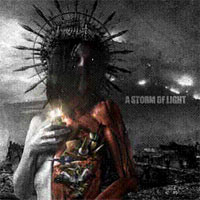 A Storm Of Light: As the Valley of Death Becomes Us, Our Silver Memories Fade (Profound Lore, 5/17/11)
A Storm Of Light: As the Valley of Death Becomes Us, Our Silver Memories Fade (Profound Lore, 5/17/11)


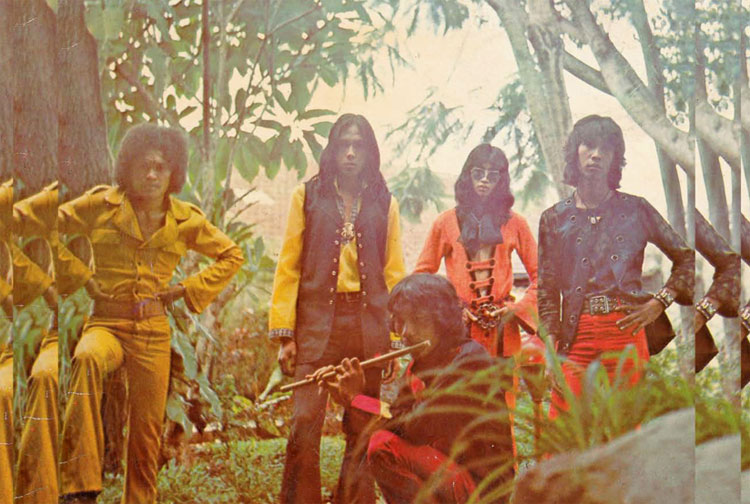
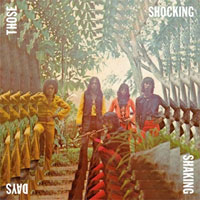 V/A: Those Shocking, Shaking Days: Indonesian Hard, Psychedelic, Progressive Rock and Funk, 1970-1978 (
V/A: Those Shocking, Shaking Days: Indonesian Hard, Psychedelic, Progressive Rock and Funk, 1970-1978 (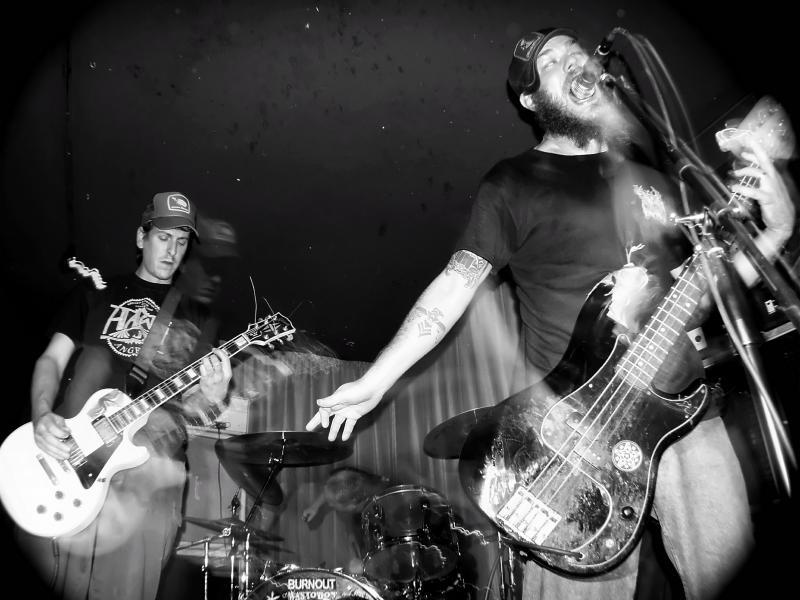
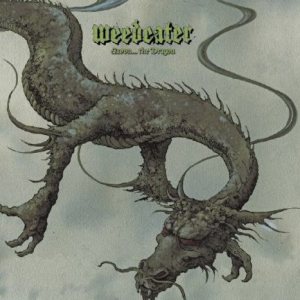



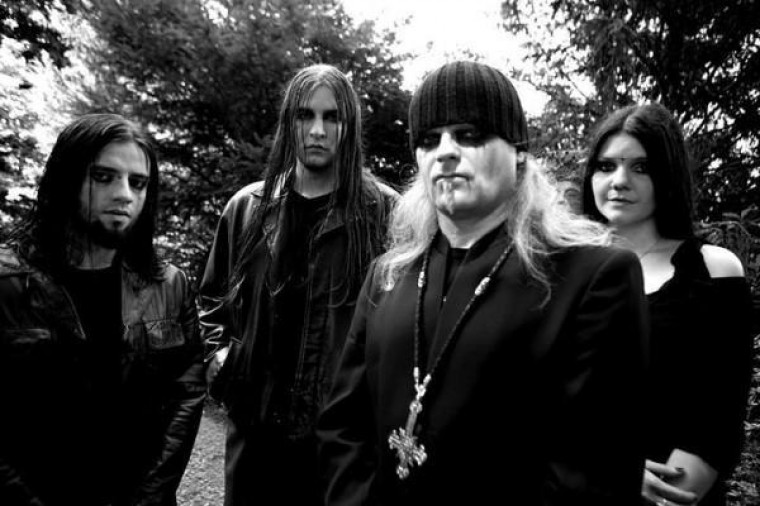
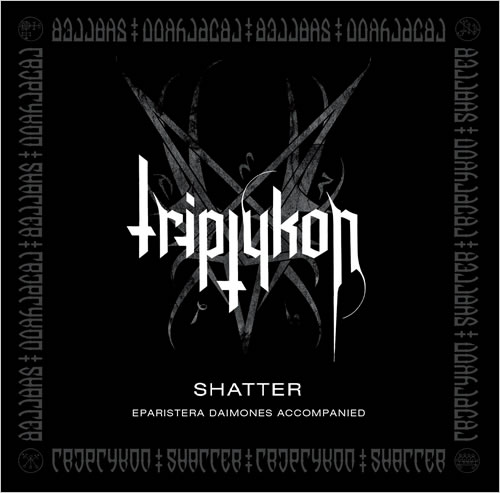

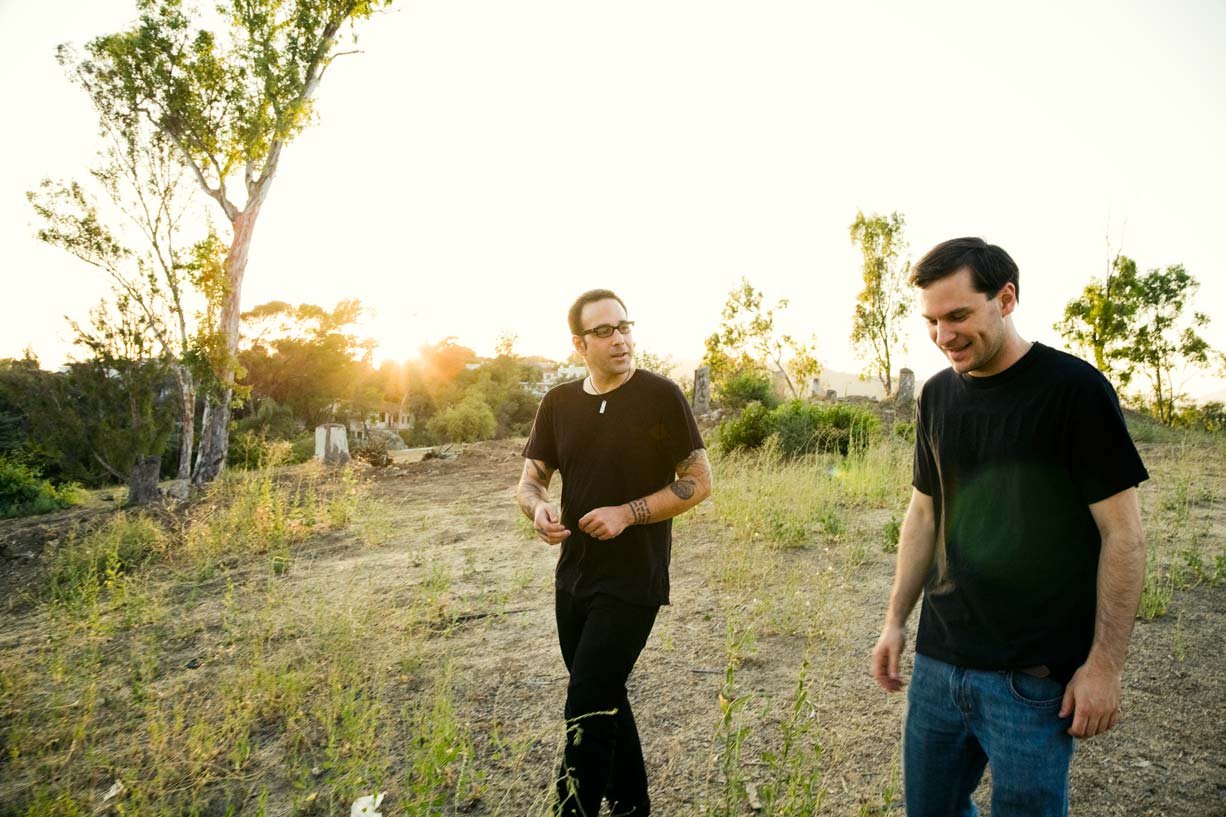
 Hard-hitting jazz trio The Bad Plus knows how to pen pieces of proprietary gold. But its three members are also known for their genre-leaping renditions of rock songs, propelled by the chops of pianist Ethan Iverson, bassist Reid Anderson, and drummer David King. Here are the group’s ten best covers.
Hard-hitting jazz trio The Bad Plus knows how to pen pieces of proprietary gold. But its three members are also known for their genre-leaping renditions of rock songs, propelled by the chops of pianist Ethan Iverson, bassist Reid Anderson, and drummer David King. Here are the group’s ten best covers.
